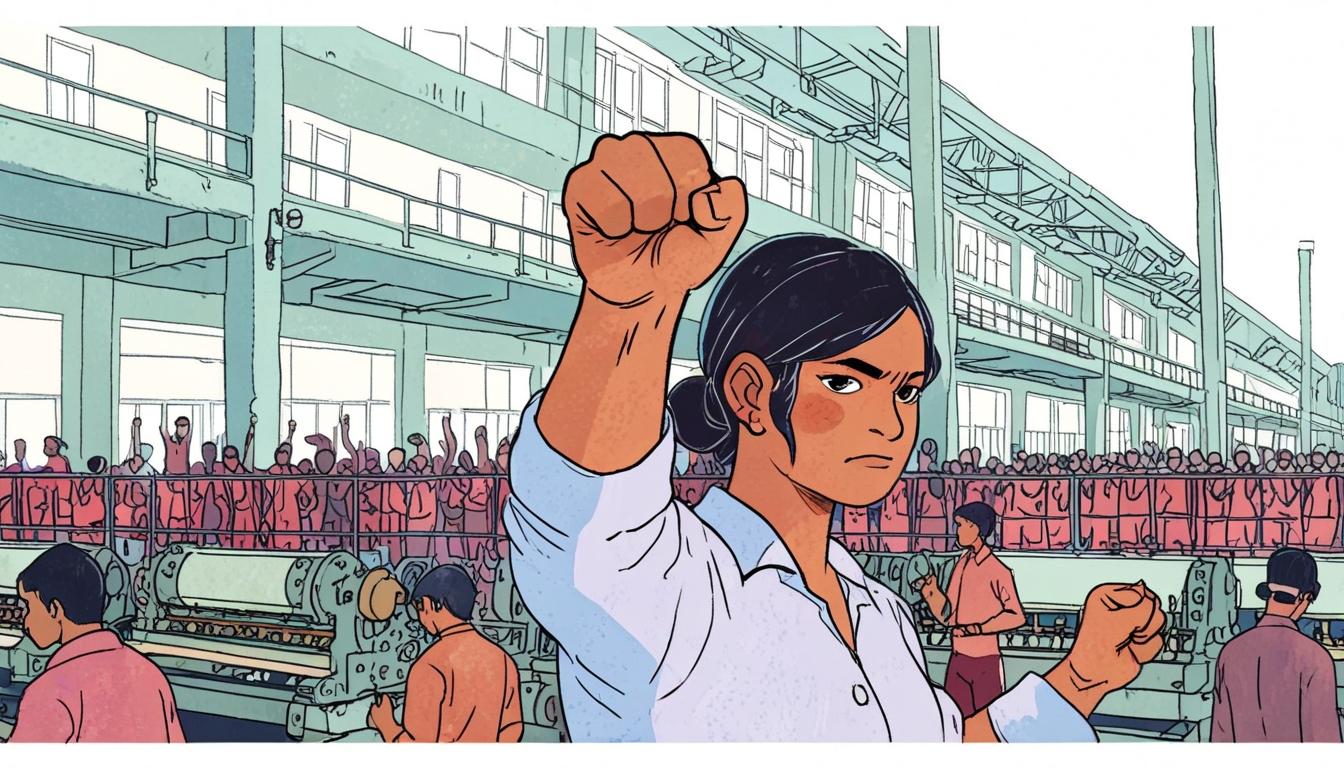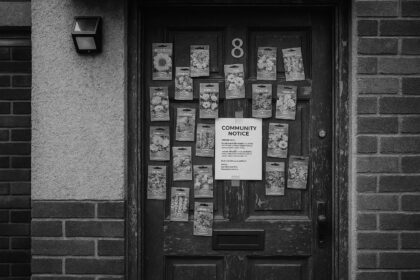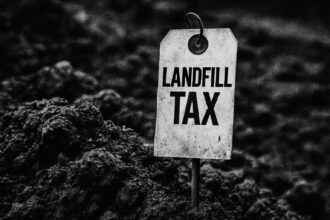Persistent worker dissatisfaction in Bangladesh poses significant challenges to attracting foreign direct investment, threatening the country’s export-led economic growth despite its promising advantages and government efforts.
Bangladesh’s journey towards becoming a hub of international investment is facing significant challenges due to persistent worker dissatisfaction, which poses risks to the country’s export-led economy and industrial growth. While the nation boasts rising GDP growth, a large youthful workforce, and strategic geographical advantages, ongoing labour unrest remains a serious impediment to attracting and sustaining foreign direct investment (FDI).
In a detailed analysis, Dr. Sohel Mia, a labour relations specialist, has highlighted that despite efforts by agencies such as BEPZA (Bangladesh Export Processing Zones Authority), BIDA (Bangladesh Investment Development Authority), and BEZA (Bangladesh Economic Zones Authority), worker unrest continues to disrupt industrial productivity and damage the investment climate. Dr. Mia explained to The Financial Express that “if workers’ rights, safety and equality are not ensured, it will be difficult to attract foreign investment,” underscoring the link between labour satisfaction and economic progress.
The roots of worker dissatisfaction in Bangladesh’s industries are multi-faceted, primarily centring on wage disputes, poor working conditions, and ineffective management. Workers frequently face delayed salary payments, unfair wage structures, harassment, excessive workload, and inadequate grievance redressal mechanisms. Safety concerns are heightened by insufficient fire safety measures and lack of personal protective equipment. These problems are compounded by political instability, interference from local influential figures, and limited trade union access.
Foreign investors assess several factors before committing their resources, including political stability, infrastructure, legal protections, and the labour environment. Dr. Mia emphasised, “When foreign investors think of investing in a country, they first judge […] labour environment,” with worker dissatisfaction rated as a major warning sign. Past instances of labour unrest have prompted some foreign companies to relocate production to alternative destinations such as Vietnam, Ethiopia, and Myanmar, following notable incidents like the 2013 Rana Plaza collapse that drew global attention to worker safety in Bangladesh.
The historical context reveals that labour unrest has been a recurring challenge since Bangladesh’s independence. Early protests emerged in the public sector during the 1974 famine, while the ready-made garment industry’s rapid expansion in the 1980s and 1990s saw increasing worker movements related to layoffs, wages, and conditions. More recently, the COVID-19 pandemic and the July 2024 political unrest further exacerbated the crisis, with factory closures, payment delays, and intensified worker grievances.
Despite government initiatives to improve safety and working conditions, institutional weaknesses hinder effective resolution of labour discontent. Multiple bodies are tasked with enforcing labour laws—including the Directorate General of Factories and Establishments Inspection (DIFE) and labour directorates—but their efforts fall short due to manpower shortages, inadequate resources, and insufficient expertise. Dr. Mia noted, “Although the Directorate of Inspection of Factories and Establishments (DIFE) has the responsibility […] enforcement of labour laws and safe working environment, effective supervision is not possible.”
Additionally, mechanisms meant to facilitate dialogue between management and workers, such as bilateral negotiation committees, often lack regular activity or genuine consideration of worker demands, leading to a breakdown in communication and increased mistrust. The absence of transparent and accessible grievance redressal systems means many workers do not know how or where to register complaints, which causes frustration to escalate into widespread discontent.
Law enforcement agencies, including the industrial police, typically respond to labour unrest by attempting to control situations after tensions arise, frequently using pressure tactics rather than addressing underlying issues. Dr. Mia recommends enhancing their training in labour laws and mediation techniques, advocating for the use of Alternative Dispute Resolution (ADR) methods legally embedded in labour legislation to enable early and peaceful resolution of disputes.
To create a more investment-friendly labour climate, Dr. Mia proposes key structural reforms. These include legally mandating ADR procedures within the Labour Act’s Section 33, equipping inspectors and industrial police with specialised skills, and fostering effective, participatory communication between employers and workers. Streamlining the process to revive closed factories can also revitalise employment and economic activity, benefiting all stakeholders. Furthermore, there is a call for strict action against politically motivated actors who foment discord in industrial areas, thereby protecting industry stability.
Dr. Mia concludes that trust and partnership between the government, investors, and workers are essential for sustainable development. He observes, “Investment depends not only on capital, but also on the trust, safety and participation of workers. If workers do not feel they are part of development, investment will not last long.” The elimination of worker dissatisfaction is thus presented as a critical priority for securing Bangladesh’s economic future and maintaining its position as a viable destination for foreign investment.
Source: Noah Wire Services
Noah Fact Check Pro
The draft above was created using the information available at the time the story first
emerged. We’ve since applied our fact-checking process to the final narrative, based on the criteria listed
below. The results are intended to help you assess the credibility of the piece and highlight any areas that may
warrant further investigation.
Freshness check
Score:
6
Notes:
Mentions July 2024 political unrest, indicating recent developments. No direct evidence of content recycling, but limited timeliness verification due to URL being a generic Google News link. Press release status unconfirmed.
Quotes check
Score:
7
Notes:
Dr. Sohel Mia’s quotes align with his expertise in labour relations. No earlier references found for exact wording, suggesting original reporting. However, The Financial Express’s sourcing lacks direct verification here.
Source reliability
Score:
8
Notes:
Narrative cites a labour specialist and reputable agencies (BEPZA, BIDA, BEZA). The Financial Express is a recognised Bangladeshi financial daily, but the originating URL’s direct source remains unclear.
Plausability check
Score:
9
Notes:
Claims align with Bangladesh’s documented labour challenges, FDI patterns, and post-pandemic economic stressors. Specific references to 2013 Rana Plaza and 2024 unrest reinforce plausibility.
Overall assessment
Verdict (FAIL, OPEN, PASS): PASS
Confidence (LOW, MEDIUM, HIGH): HIGH
Summary:
The narrative presents a coherent analysis of Bangladesh’s labour challenges with credible sourcing and recent context. While direct URL verification is limited, the alignment of quotes, historical references, and expert insights supports its reliability.













